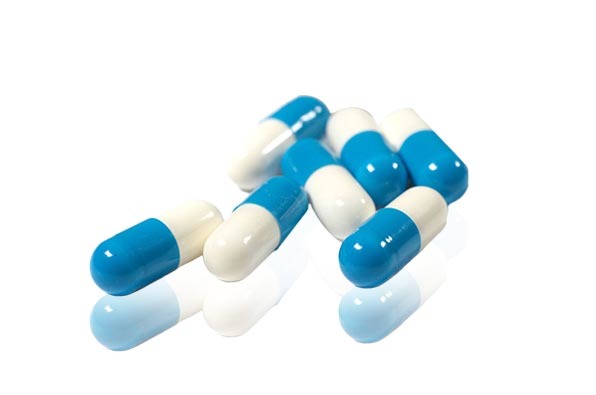News center
Unlocking the Benefits of Edible Collagen in Food Additives
Release time:
2024-08-16
Collagen is an essential protein that plays a crucial role in maintaining the structure and elasticity of our skin, hair, nails, and joints. With the rising interest in health and wellness among consumers, edible collagen has emerged as a popular food additive in the agriculture and food industry. This protein, derived from animal sources such as bovine or fish, has gained traction due to its numerous health benefits and versatility in food applications.
One of the most notable advantages of edible collagen is its ability to support skin health. When consumed, collagen peptides can help improve skin elasticity and hydration, potentially reducing the appearance of wrinkles. This has led to an increased demand for collagen-enriched products, particularly in dietary supplements, beverages, and snacks. For businesses in the food sector, incorporating edible collagen into their offerings can cater to health-conscious consumers looking for functional foods.
In addition to its aesthetic benefits, edible collagen also plays a significant role in promoting joint and bone health. Studies have suggested that consuming collagen may help alleviate joint pain and improve mobility, making it a valuable addition to sports nutrition products. As more people engage in physical activities, the integration of edible collagen into functional foods such as protein bars, drinks, and functional snacks can attract a wider audience.
From a technical standpoint, edible collagen can enhance the texture and mouthfeel of various food products. In applications such as bakery goods, dairy, and meat alternatives, collagen can improve moisture retention and overall product quality. Its gelling and emulsifying properties allow it to serve as a thickening agent, providing a desirable texture in soups, sauces, and desserts. Food manufacturers can leverage these characteristics to create innovative products that stand out in a competitive market.
It is essential to consider the sourcing and processing of edible collagen to meet consumer preferences for transparency and sustainability. Sourcing collagen from grass-fed, pasture-raised animals or sustainable fisheries can appeal to environmentally conscious consumers. Additionally, ensuring that the collagen is hydrolyzed, meaning it has been broken down into smaller peptides, enhances its bioavailability, making it more effective for consumers.
In conclusion, edible collagen is a promising food additive that offers numerous health benefits and functional properties. By understanding its applications and advantages, businesses in the agriculture and food industry can capitalize on this trend, creating innovative and health-oriented products that resonate with today's discerning consumers. As the demand for healthier food options continues to grow, incorporating edible collagen into product formulations may provide a competitive edge in the evolving market landscape.
One of the most notable advantages of edible collagen is its ability to support skin health. When consumed, collagen peptides can help improve skin elasticity and hydration, potentially reducing the appearance of wrinkles. This has led to an increased demand for collagen-enriched products, particularly in dietary supplements, beverages, and snacks. For businesses in the food sector, incorporating edible collagen into their offerings can cater to health-conscious consumers looking for functional foods.
In addition to its aesthetic benefits, edible collagen also plays a significant role in promoting joint and bone health. Studies have suggested that consuming collagen may help alleviate joint pain and improve mobility, making it a valuable addition to sports nutrition products. As more people engage in physical activities, the integration of edible collagen into functional foods such as protein bars, drinks, and functional snacks can attract a wider audience.
From a technical standpoint, edible collagen can enhance the texture and mouthfeel of various food products. In applications such as bakery goods, dairy, and meat alternatives, collagen can improve moisture retention and overall product quality. Its gelling and emulsifying properties allow it to serve as a thickening agent, providing a desirable texture in soups, sauces, and desserts. Food manufacturers can leverage these characteristics to create innovative products that stand out in a competitive market.
It is essential to consider the sourcing and processing of edible collagen to meet consumer preferences for transparency and sustainability. Sourcing collagen from grass-fed, pasture-raised animals or sustainable fisheries can appeal to environmentally conscious consumers. Additionally, ensuring that the collagen is hydrolyzed, meaning it has been broken down into smaller peptides, enhances its bioavailability, making it more effective for consumers.
In conclusion, edible collagen is a promising food additive that offers numerous health benefits and functional properties. By understanding its applications and advantages, businesses in the agriculture and food industry can capitalize on this trend, creating innovative and health-oriented products that resonate with today's discerning consumers. As the demand for healthier food options continues to grow, incorporating edible collagen into product formulations may provide a competitive edge in the evolving market landscape.
NEWS





